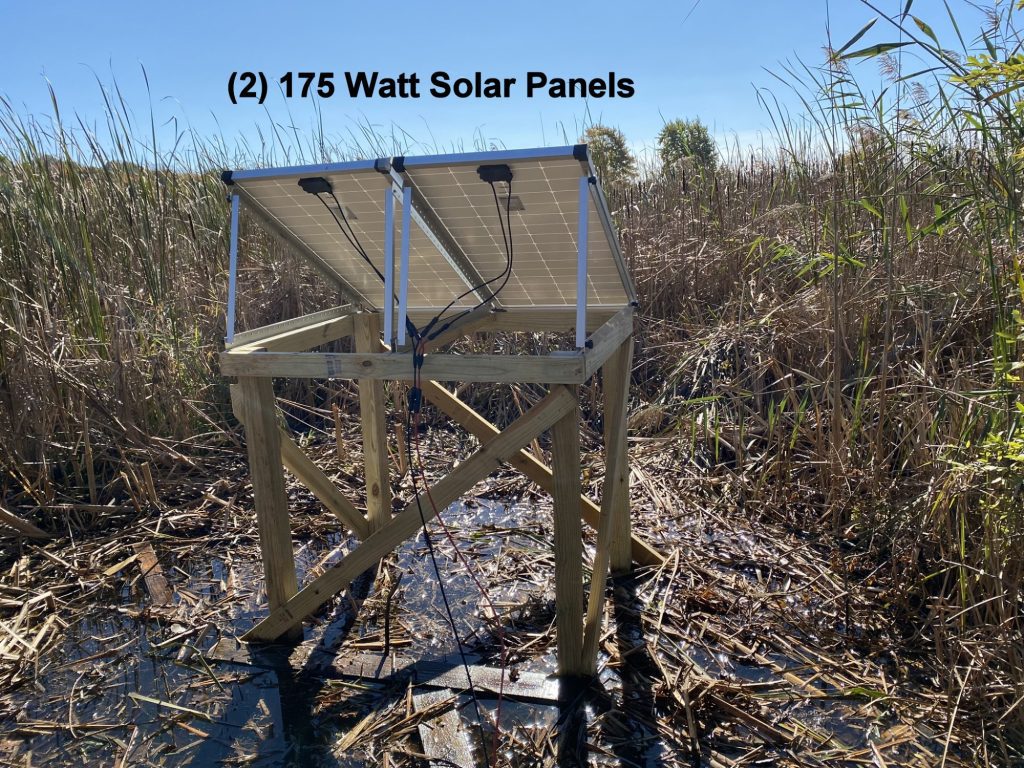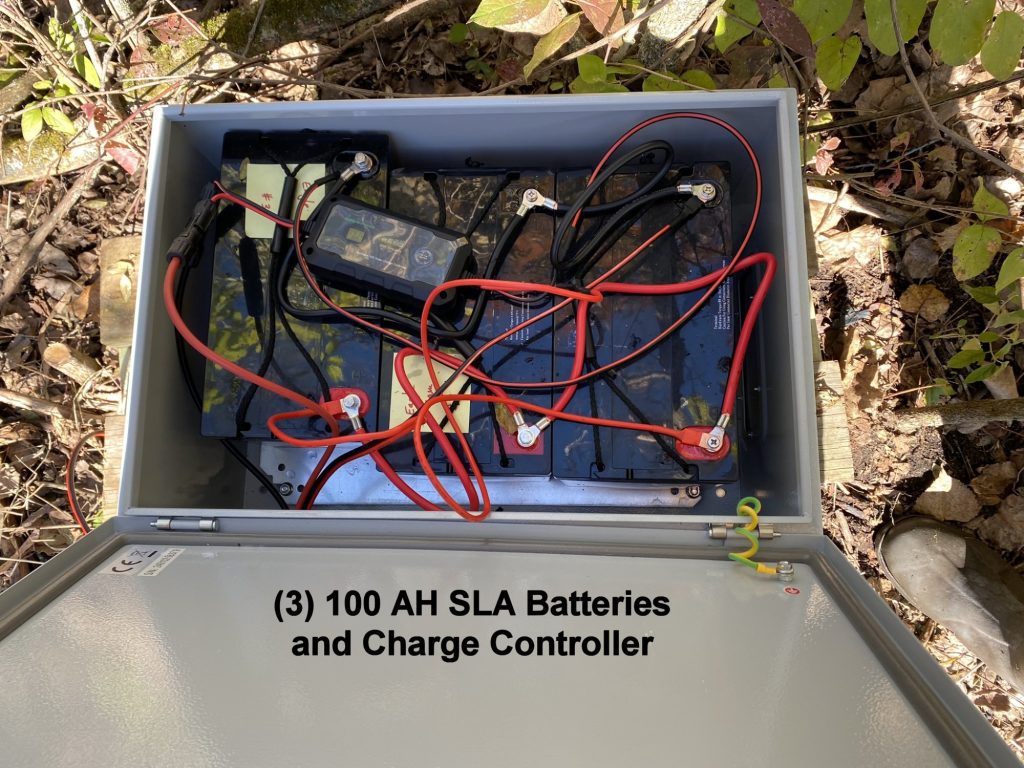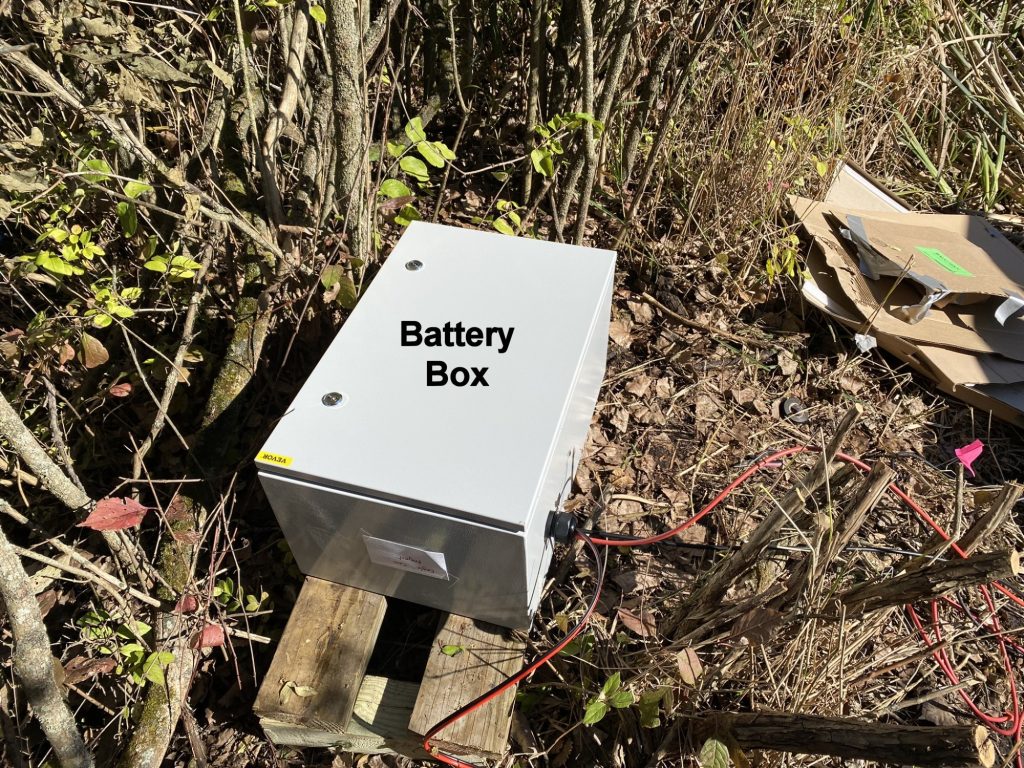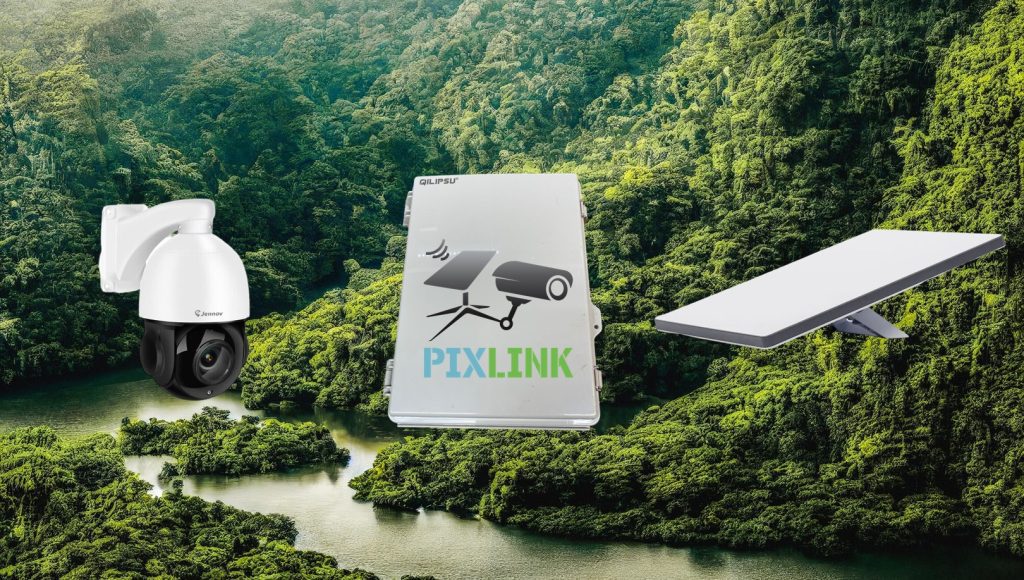
Battery Power Solutions
Ensuring a reliable power source for your PixLink and IP camera is crucial for uninterrupted connectivity and surveillance. Our comprehensive guide helps you choose the right battery size and solar panel wattage to keep your system running 24/7, even in remote locations. By optimizing your setup with an efficient lithium battery, MPPT charge controller, and appropriately sized solar panels, you can maintain a steady power supply regardless of weather conditions. Whether you’re setting up a wildlife camera or a rural internet connection, our recommendations provide a sustainable off-grid power solution tailored to your needs.
To power your PixLink Live Streaming Camera solution, which requires ~4A at 12V DC (48W continuous), you’ll need a 12V battery and a solar charging system that can sustain it indefinitely. Here’s a reliable setup:
1. Battery Sizing
Since your system consumes 48W continuously, your daily energy consumption is:
48W×24h=1152Wh (watt-hours per day)48W \times 24h = 1152Wh \text{ (watt-hours per day)}48W×24h=1152Wh (watt-hours per day)
To determine the battery capacity, we’ll assume using a 12V LiFePO₄ (lithium iron phosphate) battery, as they are more efficient and last longer than lead-acid batteries.
1152Wh12V=96Ah\frac{1152Wh}{12V} = 96Ah12V1152Wh=96Ah
Since LiFePO₄ batteries can be safely discharged up to 80%, the minimum recommended battery size is:
96Ah0.8=120Ah\frac{96Ah}{0.8} = 120Ah0.896Ah=120Ah
Recommended Battery
Lithium Battery: Ampere Time 12V 200Ah LiFePO₄ (for extra capacity)
Alternative: Battle Born 12V 100Ah LiFePO₄ (may require a larger solar panel to compensate)
2. Solar Panel Sizing
To ensure 24/7 operation, we need to recharge 1152Wh daily using solar.
Assuming 4 peak sun hours per day, the required solar wattage is:
1152Wh4h=288W\frac{1152Wh}{4h} = 288W4h1152Wh=288W
Factoring in charging inefficiencies (25%), we need:
288W0.75=384W\frac{288W}{0.75} = 384W0.75288W=384W
Recommended Solar Panels
400W+ Total Panel Power (e.g., 2 × 200W Renogy Solar Panels)
Alternative: Eco-Worthy 400W Solar Kit
3. Solar Charge Controller
To safely charge a 12V LiFePO₄ battery, a MPPT solar charge controller is essential.
Recommended: Victron SmartSolar MPPT 100/30
Alternative: Renogy Rover 40A MPPT
4. Additional Components
Proper Wiring & Fuses: 10AWG wires for panels, 6AWG for battery-to-inverter connections.
Final System Summary
| Component | Specs |
|---|---|
| Battery | 12V 120-200Ah LiFePO₄ |
| Solar Panel | 400W+ total (2×200W or more) |
| Charge Controller | MPPT 30A+ |
| Sunlight Hours Considered | 4 peak hours/day |
| Runtime | 24/7, with full sun recharge |
Example Battery/Solar Charging System
Below is an example battery/solar power system we have used in past projects. This includes (2) 175W 12V Solar Panels, (3) 100 AH SLA Batteries, and a 12V MPPT Charge Controller.




